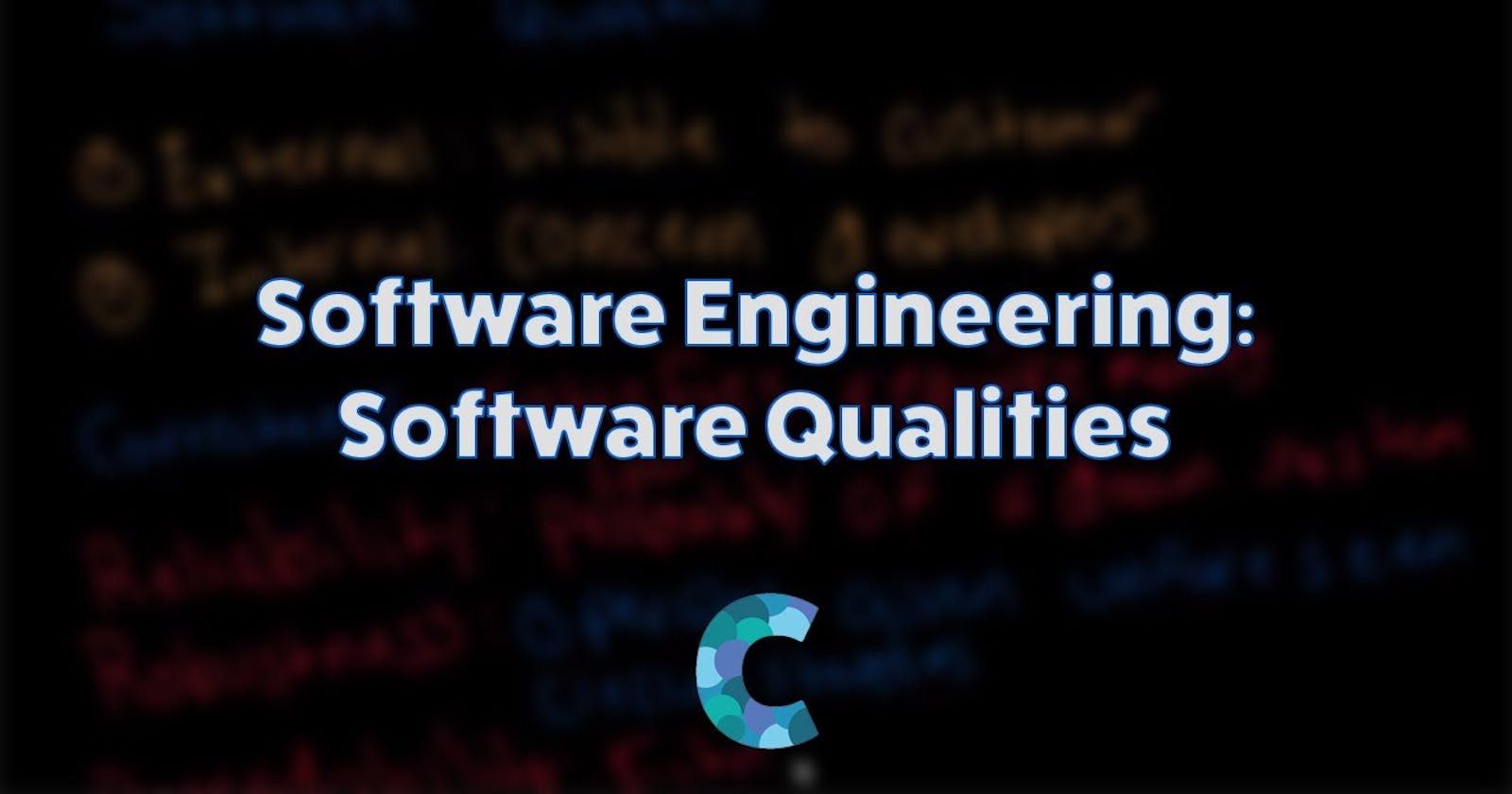Sure, here's a list of core concepts that are essential for a software engineer:
Data Structures: Arrays, Linked Lists, Stacks, Queues, Trees, Graphs, Hash Tables.
Algorithms: Sorting algorithms (e.g., Bubble sort, Quick sort), searching algorithms (e.g., Binary search), dynamic programming, and greedy algorithms.
Object-Oriented Programming (OOP): Classes, objects, inheritance, polymorphism, encapsulation.
Design Patterns: SOLID Principles, Singleton, Factory, Observer, MVC (Model-View-Controller), etc.
Database Management Systems (DBMS): SQL, NoSQL, database design, normalization.
Operating Systems: Memory management, processes, threads, scheduling, file systems.
Networking: TCP/IP, UDP, HTTP/HTTPS, sockets, RPC, tRPC, gRPC
Version Control Systems: Git, SVN, Mercurial.
Software Development Life Cycle (SDLC): Agile methodologies (Scrum, Kanban), waterfall model, DevOps practices.
Testing: Unit testing, integration testing, test-driven development (TDD).
Software Architecture: Microservices, monolithic architecture, service-oriented architecture (SOA).
Security: Authentication, authorization, encryption, cybersecurity best practices.
Web Development: HTML, CSS, JavaScript, frameworks (React, Angular, Vue.js), server-side technologies (Node.js, Django, Flask).
Mobile Development: iOS, Android, cross-platform development (React Native, Flutter).
Cloud Computing: AWS, Azure, Google Cloud Platform, infrastructure as code (IaC), containers (Docker, Kubernetes).
I will try to cover All topics in-depth point-to point -
